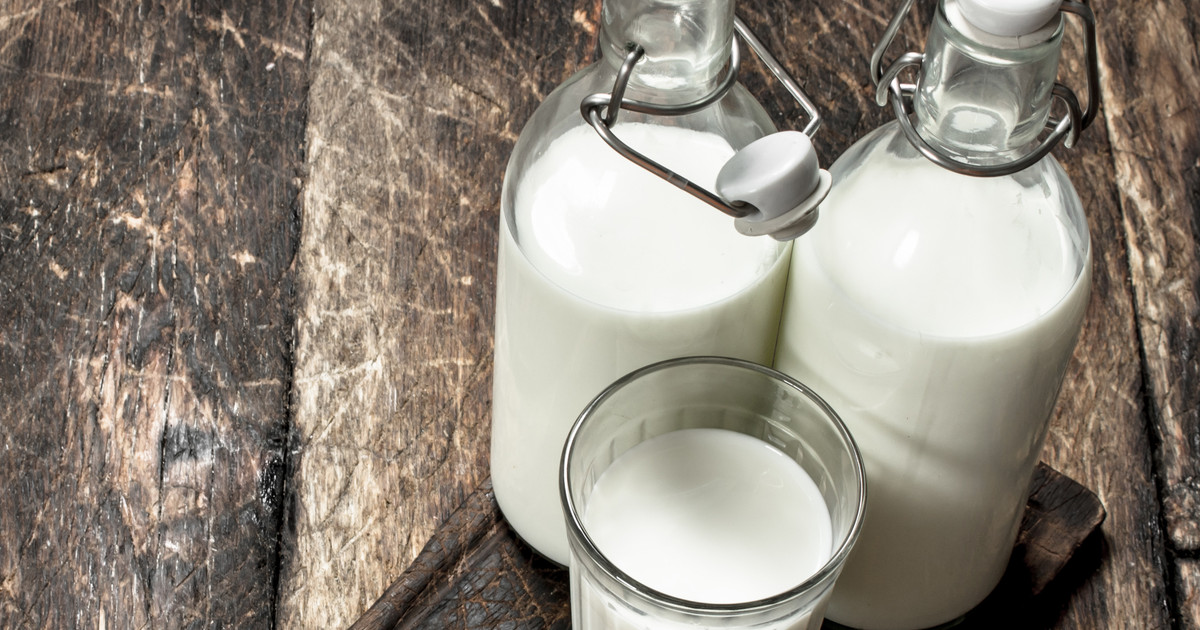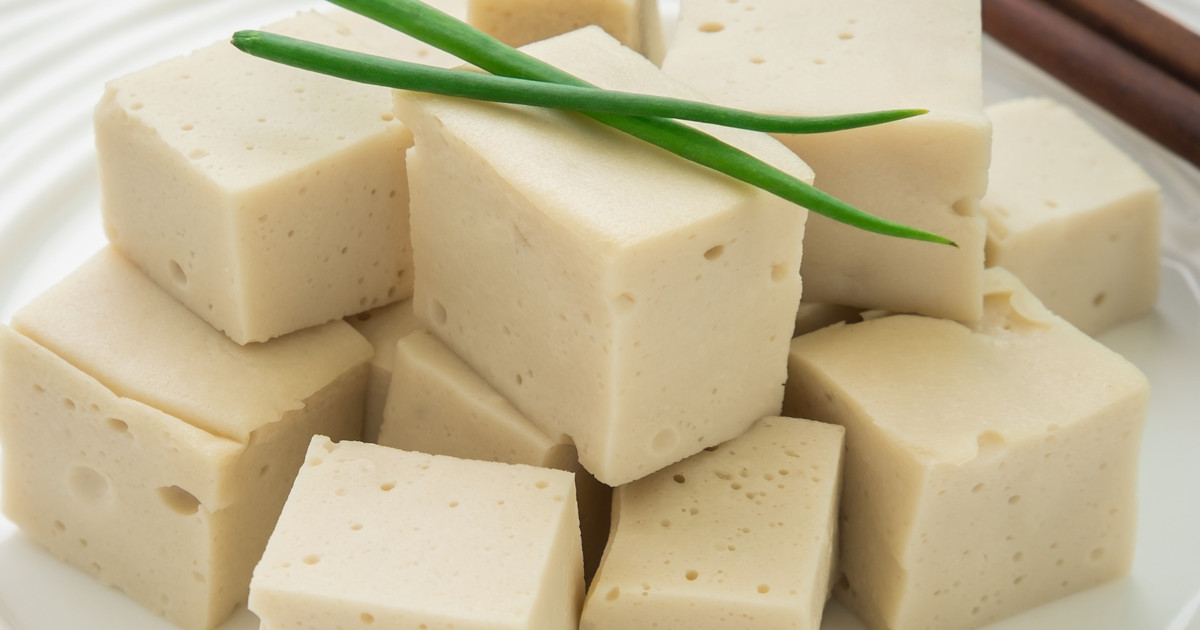Foods To Avoid Due To Nasal Polyps
Nasal polyps are growths in the nose. Although they are usually benign, they can result in serious issues. Patients can experience symptoms such as sinus pain, nasal congestion, postnasal drip, snoring, and a runny nose. Some may even deal with sleep apnea. Nasal polyps occur when the nasal passages are inflamed for long periods. Unfortunately, there are many potential causes for this, which can make it hard to pinpoint. Potential causes include allergies, asthma, cystic fibrosis, chronic sinus infections, and sensitivities to medication.
If nasal polyps become bothersome, individuals will need to put effort into treating them. This may mean using a neti pot for nasal polyps and keeping the nasal passages clean. Some patients may need corticosteroid nasal sprays for nasal polyps. Saline nasal sprays may also be a possibility. Some medications can help treat polyps in the nose. Severe cases, however, may require surgery for nasal polyps. An individual's diet can also matter.
Soy Products
Many foods seem to be considered soy products. Tofu, edamame, soy sauce, teriyaki sauce, miso, and tamari use soy to some degree. Some vegetable broths may contain soy as well. Asian dishes can also often contain soy. Unfortunately, some individuals can react to soy products. It is considered a known allergen. As an allergen, soy products may cause inflammation throughout the body. This can include the nasal passages. If the nasal passages are inflamed, they may also produce more mucus. Inflammation and mucus from soy can also mean worsening symptoms of nasal polyps.
Discover more foods that individuals with nasal polyps may need to avoid now.
Dairy Products
Some individuals consume a high amount of dairy products most days, including milk, cheese, yogurt, and ice cream. However, these products can cause issues related to nasal polyps. It is because dairy products may increase the mucus that the body produces, which can increase congestion and discomfort in the nose. Also, the fat found in some dairy products can make the mucus thicker than what would be considered normal. If this happens, the symptoms of nasal polyps may worsen.
Research indicates that individuals who consume significant amounts of dairy products regularly may be at an increased risk of chronic nasal congestion. Their nose may feel clogged most of the time. Thus, individuals should consider giving up dairy products to hopefully reduce the severity of their symptoms.
Read more about the potential foods to avoid due to nasal polyps now.

